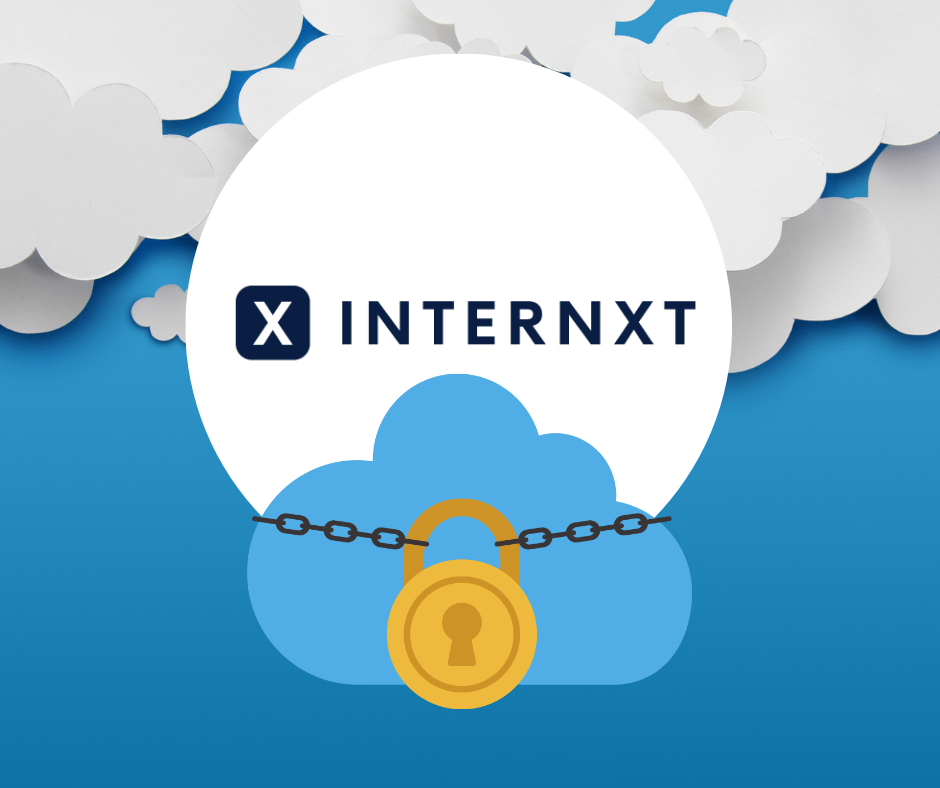
Internxt, a Valencia-based tech company, has become the first cloud storage provider to implement post-quantum encryption, marking a significant advancement in data security. This move addresses growing concerns about the potential threats posed by quantum computing to traditional encryption methods.
Quantum computers, leveraging the principles of quantum mechanics, have the potential to perform computations at speeds unattainable by classical computers. This capability threatens current encryption protocols, as quantum algorithms could, in theory, decrypt data protected by traditional methods in a fraction of the time. Recognizing this looming threat, Internxt has integrated Kyber 512 post-quantum encryption into its cloud storage services. This algorithm, developed as part of the National Institute of Standards and Technology’s post-quantum cryptography project, is designed to withstand attacks from both classical and quantum computers. citeturn0search0
By adopting this advanced encryption standard, Internxt ensures that user data remains secure against potential future threats posed by advancements in quantum computing. This proactive approach not only safeguards current data but also anticipates the evolution of computing technologies that could compromise traditional encryption methods.
In addition to post-quantum encryption, Internxt employs zero-knowledge policies, ensuring that only users have access to their data. This means that even Internxt’s servers cannot access or read user files, providing an added layer of privacy and security. citeturn0search10
The integration of post-quantum encryption into cloud storage solutions is a pioneering step in the industry. While other tech giants like Google and Amazon are researching and developing post-quantum cryptographic solutions, Internxt’s implementation positions it at the forefront of this security evolution. Google Cloud, for instance, has been working on post-quantum cryptography to protect against future quantum threats, but widespread implementation across its services is still in progress. Similarly, Amazon Web Services has invested in the migration to post-quantum cryptography by contributing to the development of quantum-resistant key agreement and signature schemes, though these advancements are primarily in the research and development phase. citeturn0search6
The urgency for such advancements is underscored by the rapid progress in quantum computing. Recent developments, such as Google’s Willow quantum processor, have demonstrated the potential to perform complex computations at unprecedented speeds, highlighting the need for encryption methods that can withstand quantum attacks. Experts like Trent Telford from Cocoon Data and Qanapi have emphasized the importance of adopting post-quantum encryption standards to protect sensitive information in the near future. citeturn0news22
Internxt’s commitment to privacy and security extends beyond encryption. The company is open-source, allowing its code to be publicly reviewed, audited, and verified. This transparency ensures that users and security experts alike can trust the integrity of Internxt’s services. citeturn0search12 Furthermore, Internxt complies with strict European privacy laws, offering businesses additional protection as it adheres to the General Data Protection Regulation . Features like access logs enable account managers to monitor accounts for unauthorized access, enhancing overall security. citeturn0search2
The broader tech industry is also recognizing the importance of preparing for a post-quantum world. Companies like SoftIron have launched post-quantum safe virtualization and private cloud solutions, aiming to deliver advanced security against evolving threats. citeturn0search4 Additionally, collaborations between telecommunications companies and cloud service providers, such as the pilot project between Telefónica Germany and AWS, are exploring the integration of quantum technologies to enhance network security and performance. citeturn0news25
Despite these advancements, challenges remain. The transition to post-quantum cryptography requires significant changes to existing infrastructure and protocols. Organizations must adopt crypto-agility, the ability to switch between cryptographic algorithms seamlessly, to stay ahead of potential threats. Companies like QuSecure are developing solutions that provide classical and quantum-resilient protection, offering controls and insights to combat growing cybersecurity threats. citeturn0search13




